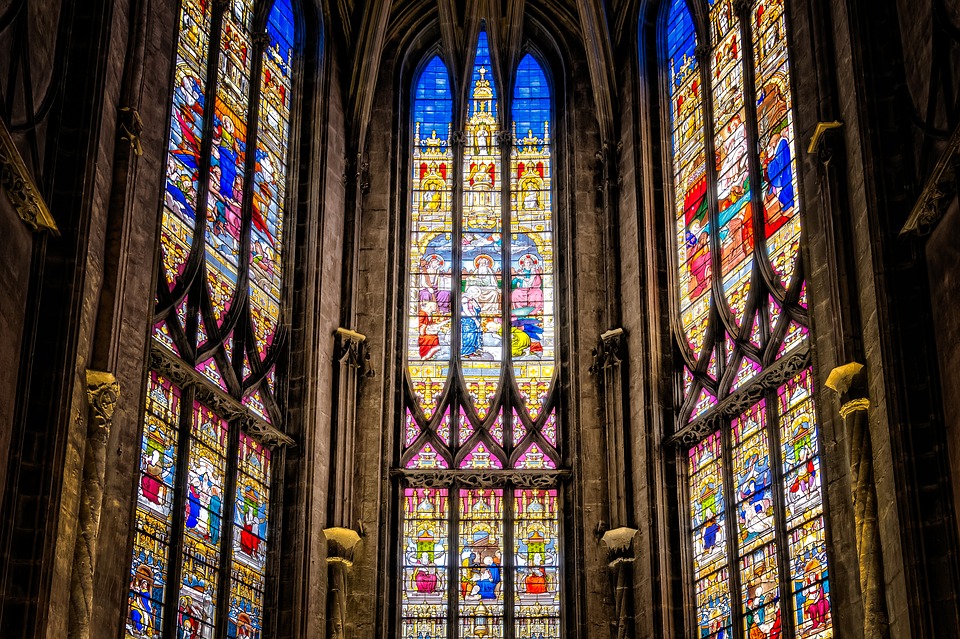Abstract
In the Cuban cinema of the last decades appear continuously some spaces were carriers of revolutionary teleology in the recent past. These are old “schools in the countryside”, peasant villages founded in the heat of the revolutionary epic, and sugar and nuclear plants. In this article, based on the works El proyecto (Alonso, 2017), Despertando a Quan Tri (Pérez, 2005) and Melaza (Lechuga, 2012), it´s analyzed the way these spaces, which can be called residual, carry significant matter that shows the exhaustion of the teleological temporality of the Cuban Revolution. As a residue, the way in which a type of temporality marked by dead time unfolds in these spaces is studied in this article. This time, where living in dead time, as shown by the materials analized, implies a distance from all action and events, from history and narratives. This article concludes by specifying how, through a "writing between the lines" that also challenges the instituted language, these materials challenge the official narratives with which the History of the nation, of absolute State dominance, is told.
Comments

This work is licensed under a Creative Commons Attribution-NonCommercial-NoDerivatives 4.0 International License.
Copyright (c) 2022 Isdanny Morales Sosa







